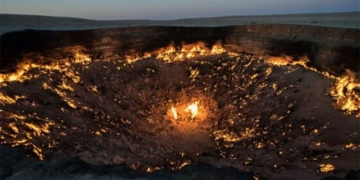Several manufacturers showcased large-capacity solid-state drives (SSDs) at the Computex exhibition, held in Taiwan from June 6 to June 10. These products are lighter, energy-efficient, and more durable compared to traditional hard drives with spinning magnetic disks.
 |
| PQI’s 64 GB Flash Drive. (Photo: MobiMag) |
The largest version introduced at the exhibition is a 64 GB SSD from the Taiwanese company PQI. This 2.5-inch device designed for laptops is set to go into mass production in August. Meanwhile, the 32 GB product from Apacer (Taiwan) is already available on the market for $1,700.
The biggest limitation of solid-state storage technology is its high cost. However, economic experts predict that the price of memory chips integrated into flash drives will drop significantly due to increased production alongside the popularity of devices like iPods and mobile phones.
Samsung even forecasts a 40% reduction in prices annually. The high costs currently restrict the flash market to specific sectors that require durability and resilience to harsh environmental changes, such as the military.
Samsung believes that flash will eventually replace traditional storage technology and has launched various products using this technology, including a hybrid drive combining flash and magnetic storage. However, flash still faces some challenges, such as relatively slow data transfer and processing speeds.
PQI attempted to enhance speed by incorporating a dual-channel SATA interface into the 64 GB version, but it did not make a significant impression on industry experts. “Read and write speeds depend on the chip, so storage manufacturers cannot intervene. These limitations may be addressed in the third or fourth quarter of next year,” said Vincent Hsu, Development Director at Apacer.
An engineer from Transcend noted that resolving these shortcomings is not difficult, indicating that there will be more companies competing in the flash market than in the current hard drive market.




















































